
A Global First in Political History
While many governments around the world are experimenting with AI tools to improve administrative efficiency, automate data processing, or enhance citizen services, none have taken a step as ambitious as Dubai. The idea of integrating an AI-powered entity into the cabinet—not as an advisory bot, but as an official minister—marks a revolutionary moment in the convergence of governance and artificial intelligence.
According to officials from the Dubai Future Foundation, the AI Cabinet Minister will be tasked with data-driven decision-making, real-time policy analysis, predictive governance modeling, and optimization of national services. Unlike previous digital initiatives that simply digitized existing services, this initiative aims to embed AI into the very core of national governance.
The Strategic Context: Dubai’s Longstanding ment to AI
Dubai's path toward AI integration has been long in the making. As far back as 2017, the Emirate launched the UAE Artificial Intelligence Strategy, followed by the UAE Centennial 2071 initiative that placed AI at the heart of its long-term national vision.
Some of the key initiatives that paved the way include:
-
Smart Dubai Initiative (2014): Aimed to transform Dubai into the world's smartest city by 2021.
-
Appointment of the UAE’s first Minister of Artificial Intelligence (Omar Sultan Al Olama) in 2017—a global first in its own right.
-
Dubai Blockchain Strategy (2016): Pioneering efforts to integrate blockchain in government transactions.
-
Dubai Future Foundation & Area 2071: Think tanks and innovation zones exploring the integration of exponential technologies in governance.
The 2026 appointment of the AI Minister marks the natural evolution of these initiatives, propelling Dubai from a digital-forward state to a fully cybernetic policy ecosystem.
How Will an AI Minister Function?
The immediate question that arises is: how exactly will an AI Minister function in the cabinet? Will it be autonomous or supervised? Symbolic or operational? Based on statements from the Office of Digital Governance in Dubai, the AI Cabinet Minister will:
-
Operate as an autonomous AI-powered system built on advanced Large Language Models (LLMs), enhanced by cognitive computing, neural-symbolic systems, and behavioral analytics.
-
Be integrated into the UAE’s national data platform, enabling it to access real-time information from various ministries, municipal bodies, and economic dashboards.
-
Participate in cabinet meetings through a holographic interface and NLP-powered voice communication, providing policy recommendations, flagging anomalies, and simulating impact analysis.
-
Continuously update itself using a national AI training model that incorporates legal, cultural, economic, and social data specific to the UAE.
-
Work under the oversight of the Ministry of Artificial Intelligence and the Supreme Council of Digital Transformation to ensure alignment with ethical guidelines and national values.
What Sets It Apart from AI Tools Used in Other Countries?
While AI tools and analytics have been used in many parts of the world to improve governance, Dubai’s AI Cabinet Minister is unique because of:
-
Its formal political position within the cabinet.
-
Its ability to interface across all government departments as an equal policy peer.
-
Its charter to not only recommend but co-author policies alongside human ministers.
-
Its emphasis on transparency, with its codebase and algorithms being open to periodic auditing.
Why Dubai?
Dubai has historically positioned itself as a hub for innovation and experimentation. It is often likened to a “living laboratory” for future technologies. Its centralized governance model and visionary leadership have allowed it to implement changes faster than many Western democracies.
Additionally, Dubai’s economy—largely built on real estate, tourism, and services—has been increasingly investing in digital infrastructure. The establishment of AI-focused universities, tech startups, and partnerships with global players like Google DeepMind, OpenAI, and IBM Watson have created a robust ecosystem capable of supporting such an ambitious initiative.
Public Opinion and Ethical Considerations
Not surprisingly, the announcement has triggered a wide spectrum of reactions. Many residents and tech leaders in Dubai have welcomed the move, praising it as a natural progression in the Emirate’s vision to lead globally in digital governance.
However, critics and skeptics raise valid concerns:
-
Can an AI understand the cultural nuances and emotional context required for governance?
-
What happens in case of an error or malfunction?
-
Will human ministers defer too much authority to the AI system?
To address these concerns, Dubai is drafting a comprehensive AI Ethics Charter, which will include:
-
Oversight mechanisms by human-led ethics councils.
-
Mandatory AI explainability protocols.
-
Independent auditing from international bodies.
-
Fail-safes to ensure human override is always possible.
Global Implications
Dubai’s appointment of an AI Cabinet Minister could set a global precedent. Countries with aging bureaucracies, data overload, or inefficient decision-making processes may begin to explore similar models. It also accelerates the debate around AI personhood, agency, and legal accountability.
Furthermore, international organizations like the United Nations and the World Economic Forum are expected to monitor the development closely, potentially influencing global frameworks on AI governance.
A Step Toward Symbiotic Governance
The 2026 appointment of the world’s first AI Cabinet Minister in Dubai isn’t just a tech gimmick—it’s a signpost for the future. It introduces a bold vision of “symbiotic governance,” where human wisdom and machine intelligence work hand-in-hand to shape societies.
Far from replacing human leaders, Dubai’s AI Minister is expected to serve as an analytical co-pilot, empowering ministries to make faster, more informed, and more transparent decisions.
Conclusion
With this bold announcement, Dubai has once again proven its ment to being at the cutting edge of innovation. As the world watches closely, the success—or failure—of this initiative could redefine the future of how we govern ourselves.







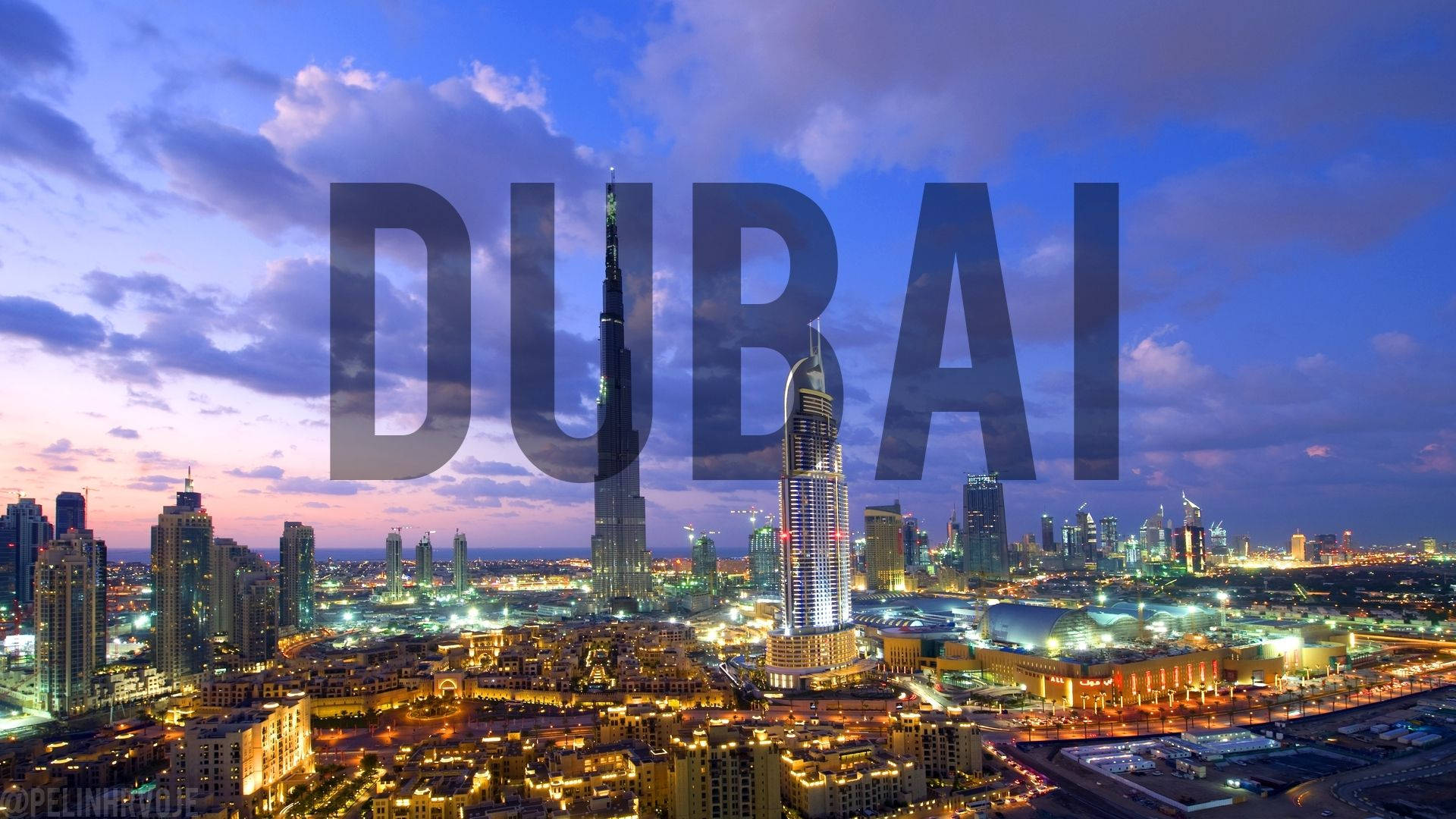
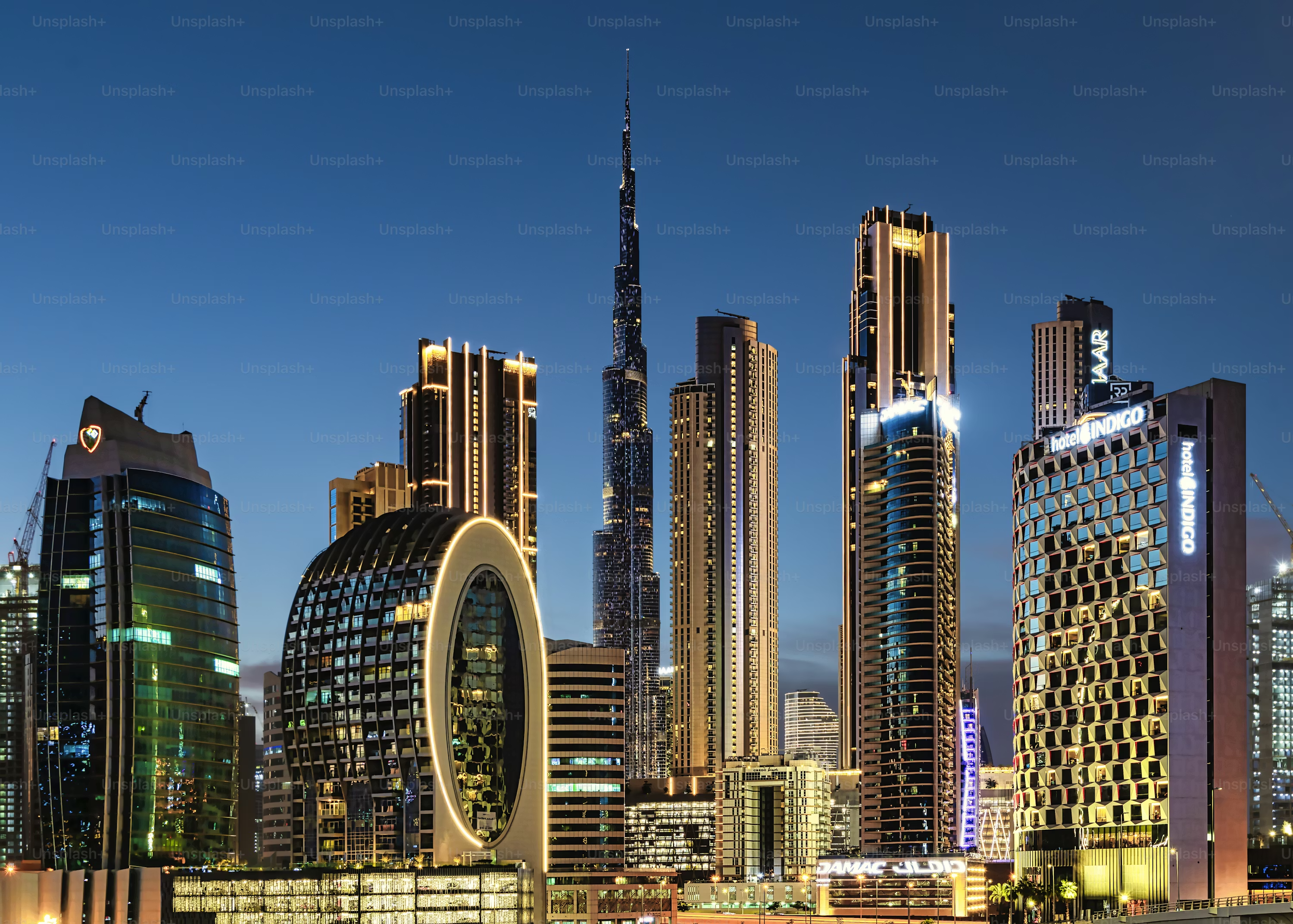
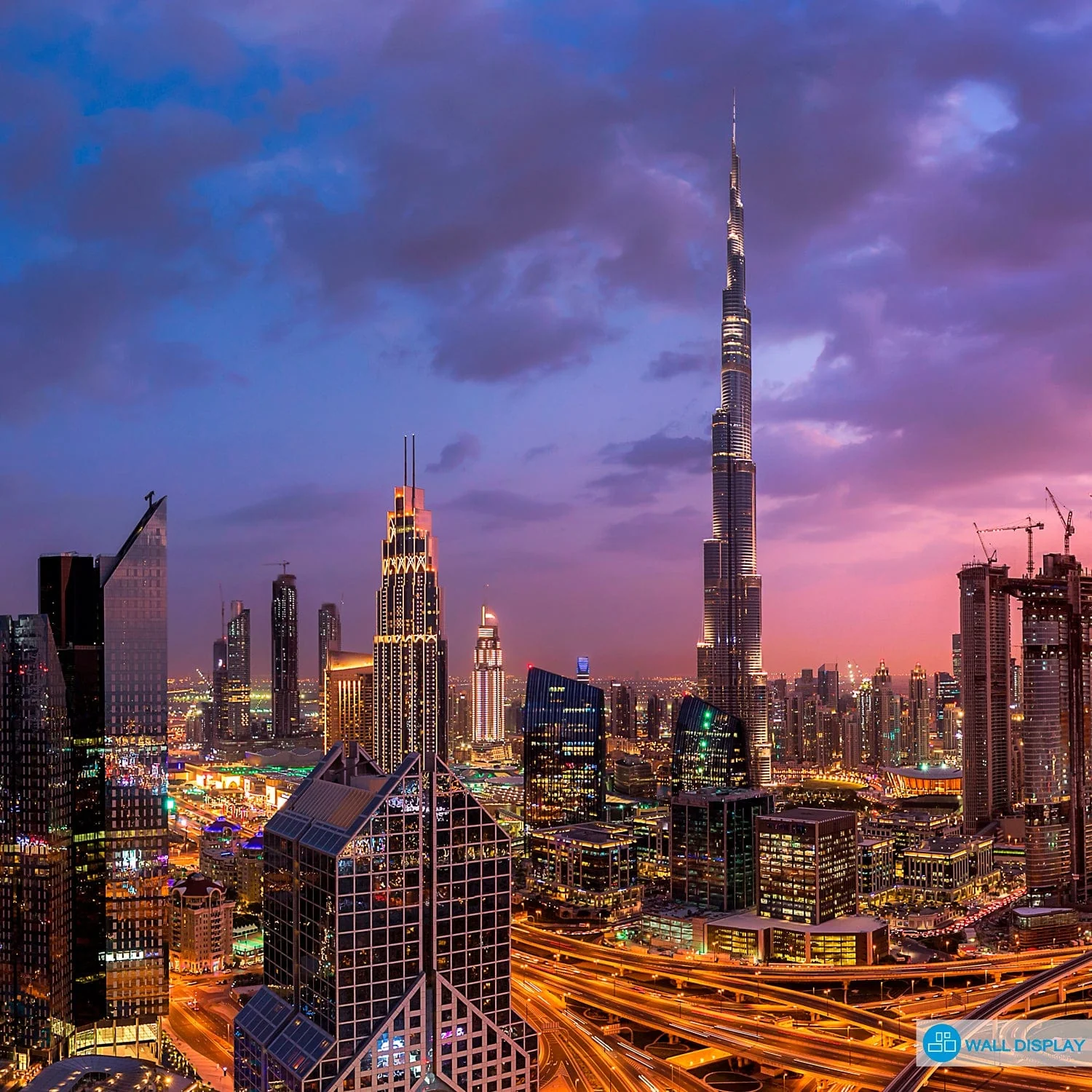
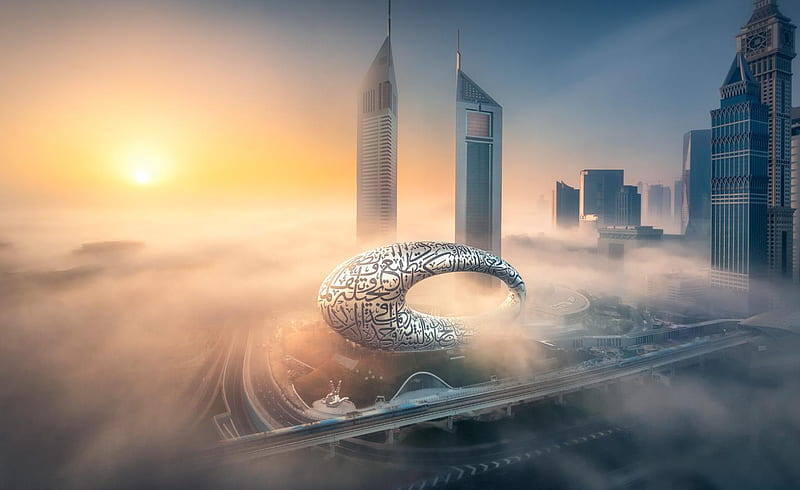



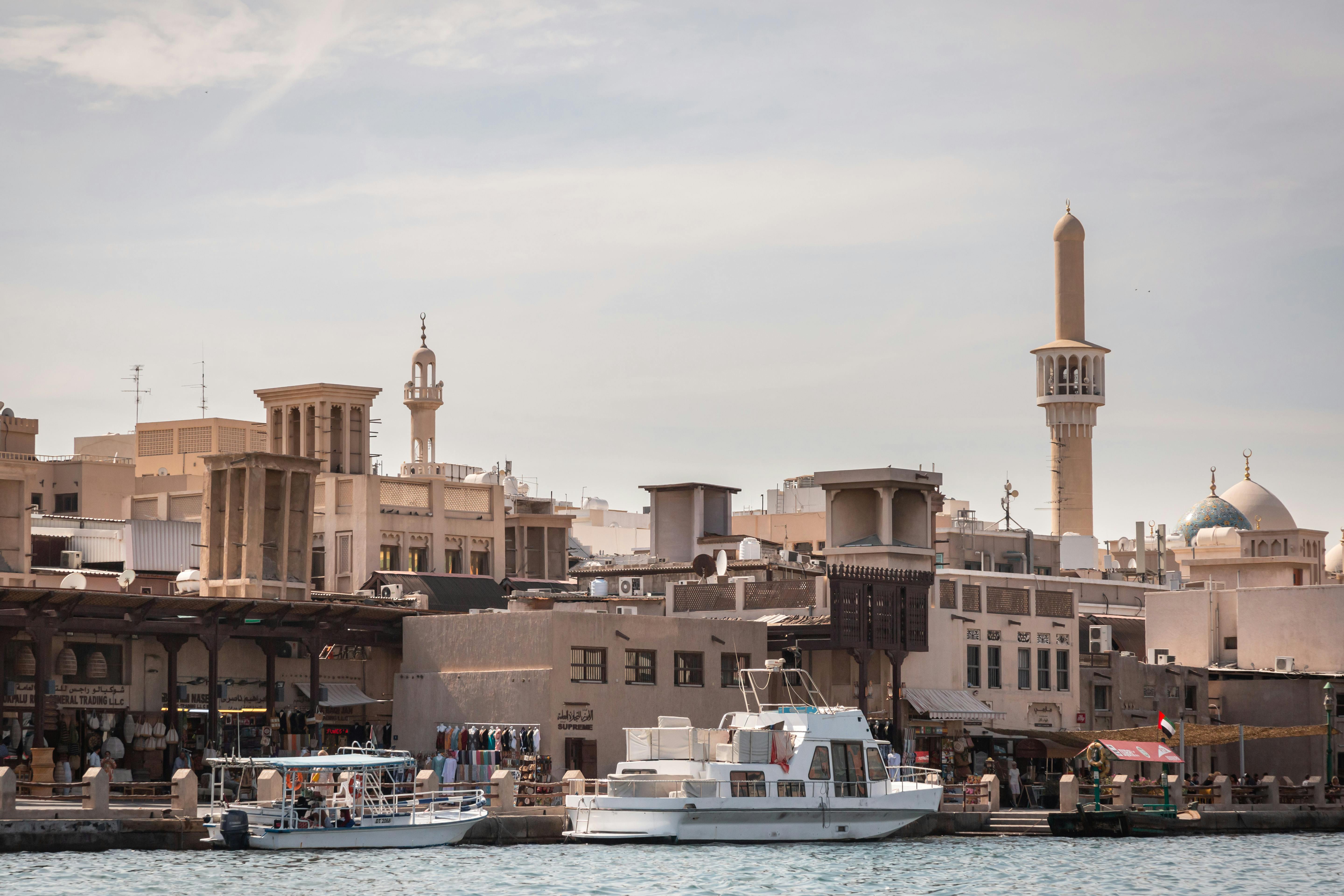
Recommended for you
Dubai International Airport has Introduced Fully Biometric Passenger Jurney to Speed up Travel
Dubai Prepares for World’s Largest Green Energy Expo – 2025
Dubai’s Real Estate Market Hits New Heights
UK Travel Advisory: Dubai Safety Amid Geopolitical Tensions
New International Brands Launching in Dubai Malls 2025
Premier Inn Dubai Al Jaddaf
Skims steps into Gulf debut: Dubai is the first luxury city for Kim Kardashian's brand
RTA Launches Autonomous Water Taxi Service
Al Maktoum Airport: Dubai’s Mega Leap in Global Aviation
Sheikh Mohammed & Sheikh Mansour Unite on UAE Vision 2025